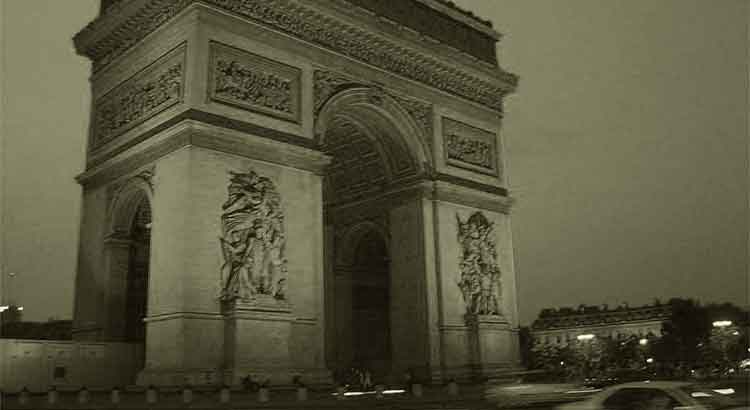The Red and the Black, by Stendhal… Novel certainly among the best of all time. Magnificent plot, which approaches the flat refusal of Julien Sorel, son of a humble carpenter, to follow a mediocre peasant life and to be the mirror of his father. The story runs in France in the vicinity of the Revolution of 1830. Julien, raised by an uneducated father, is a young man who from an early age has prominence in reading the sacred texts: he knows Latin and recites excerpts from the Bible by heart. But the father, stern, feels ashamed of his youngest son, unfit for manual labor, envying him, moreover, for the intellectual skills he does not possess. One day this rude peasant sells his son to be the preceptor of some children, not failing to remind him of the debt he left open for the food he received at home, which one day will have to pay. The father still manifests to the son the contempt for the function he will perform. Julien, however, sees in the obligation an opportunity: daily contact with the Bible, preaching to a family of higher social class, can open the way for an ecclesiastical career, which has numerous advantages. Here we have a very revealing conflict of Julien Sorel’s personality: desirous of the military career, an intimate admirer of Napoleon, he has to opt for the religious, since it is the way that the condition allows him. Abandons the dream of the red uniform, going on to pursue that of the black cassock. Julien impresses, pleases, and quickly enters a seminary. The work, therefore, takes shape: the young man, despite his knowledge of Christian doctrine, does not enter the seminary by faith, but by the desire for anything that takes him away from the peasant reality, anything that brings him social ascension. We notice attitudes, words of our protagonist and see, in short, a good boy, pious and austere, intelligent and hardworking. But Julien wears a mask: he is willing to do anything to satisfy his desire. Stendhal, in this magnificent and emblematic example of what has been called a “psychological novel,” sinks into the analysis of the thoughts and motivations of the protagonist, who falls into traps all the time, put himself hostage to his own passions, unable to dominate his instinct. Julien finds himself a hypocrite, dependent on simulation, on falsehood to progress in his goals. The narrative runs and the young man, little by little, once after another, suffocates his human dimension, his moral dimension. The affections he nurtures, sincere, always end in the background when opposed to opportunities of ascension. Thus Julien advances, acquires respect, voice among upper classes of society, inaccessible to the son of a peasant. And he quickly ceases, in fact, to be only the son of a peasant. Stendhal gives us a character bathed in resilience, talent, envy, hypocrisy, intelligence, passions, ambition, remorse, and we cannot help but feel close to the young man, to machinate and reflect according to his reflections. The problem appears, however, when we realize the essence of Julien Sorel’s personality — and perhaps ours: — slave to desire, extremely proud, Julien seems moved by an acute resentment against the world, seems to wish to give back. And he ends up falling because desire could not lead to another end. Burning himself in all the relationships he built, having his ambition uncovered, classified as vile and bad character, Julien finds himself condemned to the penalty of blood. In a savage and evil rapture, he fails; incarcerated, immersed in melancholy, he feels his love resurface. But it is only the spasm of flesh that is already born condemned. Julien Sorel ends up decapitated. His name, however, will last as long as the human species exists.
____________
Read more:
